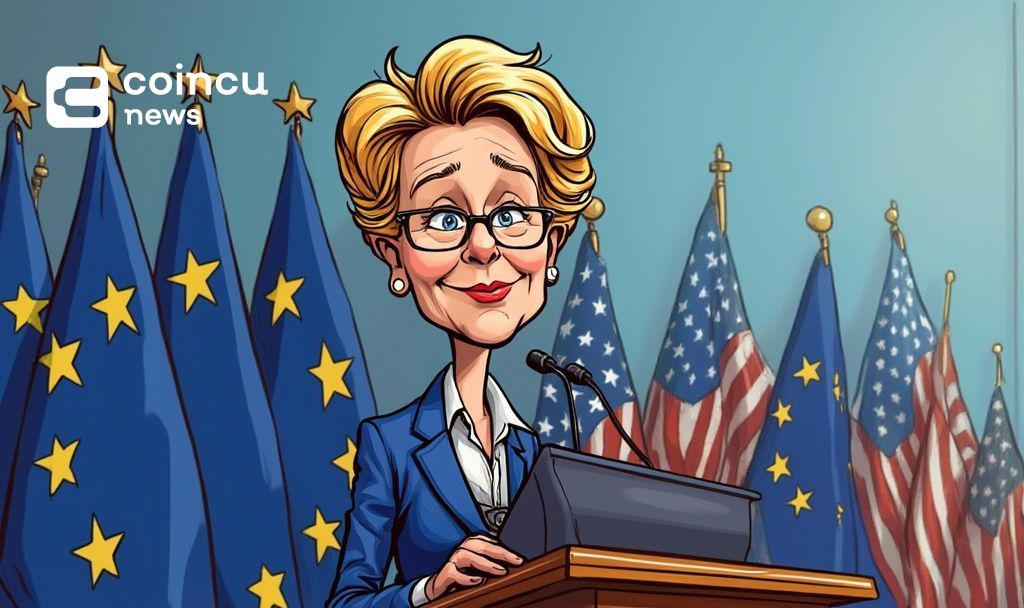- The European Union announces a 90-day suspension of retaliatory actions against U.S. tariffs, led by President Ursula von der Leyen.
- The EU remains open to negotiations while preparing for potential future measures.
- Industry sectors including steel and automobiles may be impacted by continued trade tensions.

The European Union has agreed to suspend retaliatory measures against U.S. tariffs for 90 days, according to a statement from European Commission President Ursula von der Leyen. The decision affects tariffs originally set for April 15.
The suspension allows for negotiations and may ease current trade tensions. However, industries such as steel and automobiles could still feel the impact.
EU Suspends Tariffs for Negotiation Window
The European Union, led by President Ursula von der Leyen, has decided to suspend retaliatory actions on U.S. tariffs for a 90-day period. This approach provides a window for negotiations between the two blocs to take place. In conjunction, Vice President Maroš Šefčovič had earlier outlined plans to proceed with tariffs unless a resolution is reached.
The EU’s planned actions would have introduced tariffs on industrial sectors, notably steel and aluminum, on April 15 and May 15. By suspending these measures, the EU aims to reduce trade tensions temporarily while still keeping their options for response open.
President Ursula von der Leyen emphasized the EU’s readiness to negotiate while also preparing for future retaliation if necessary. According to her statement, “We are open for negotiations on tariffs, but we are also ready to prepare for retaliation” should the U.S. trade policies prove detrimental to EU interests.
Historical Trade Disputes and Future Implications
The 2019 Boeing-Airbus tariff dispute involved similar retaliatory measures, impacting several economic sectors before being resolved through negotiation.
The suspension of retaliatory measures relates to historical precedents like the past EU-U.S. disputes, notably the Boeing-Airbus conflict, where negotiations eventually led to resolutions. This highlights the potential for positive outcomes from diplomatic dialogue.
Although direct impacts on financial or technological markets are currently limited, ongoing trade tensions could potentially influence broader economic dynamics. Historical trends show that unresolved trade disputes can escalate into significant economic disruptions, underscoring the importance of successful negotiations.























